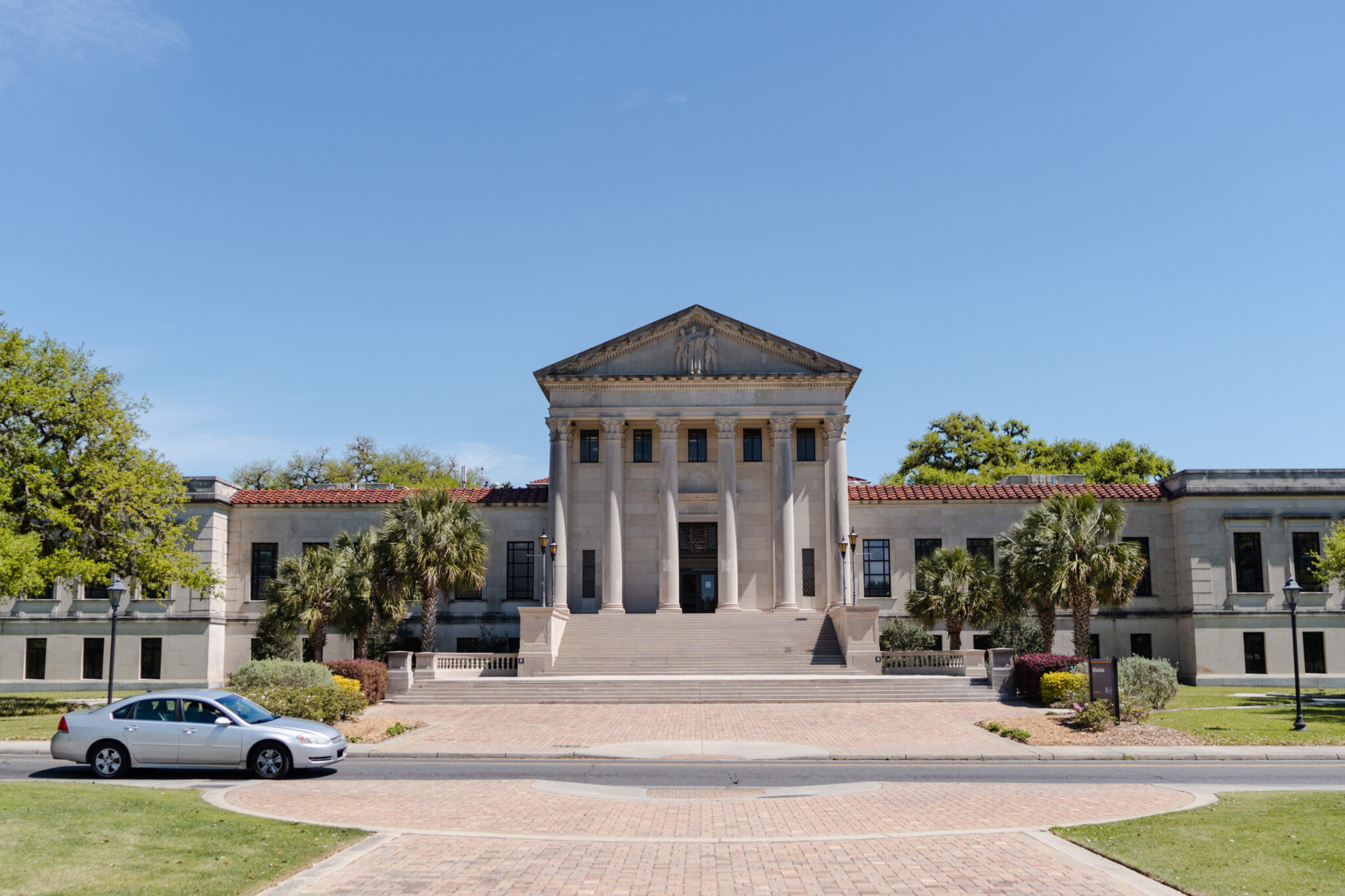Academic Controversy: LSU Professor Sidelined After Sparking Political Firestorm

An LSU Law School professor has been temporarily relieved of teaching duties following controversial political remarks made to students, according to his legal representation. The incident highlights the ongoing tensions surrounding academic freedom and professional conduct in higher education.
The professor, whose identity remains undisclosed, was reportedly removed from classroom instruction after allegedly sharing political commentary that was deemed inappropriate within the academic setting. His attorney has stepped forward to address the situation, suggesting that the removal may raise questions about the boundaries of free speech in educational environments.
While specific details of the comments remain unclear, the incident underscores the delicate balance between academic discourse and professional standards at Louisiana State University's law school. The administration's swift action signals a commitment to maintaining a neutral and focused learning environment for students.
As the situation continues to develop, it remains to be seen how this incident will be resolved and what implications it might have for academic expression and institutional policies.

